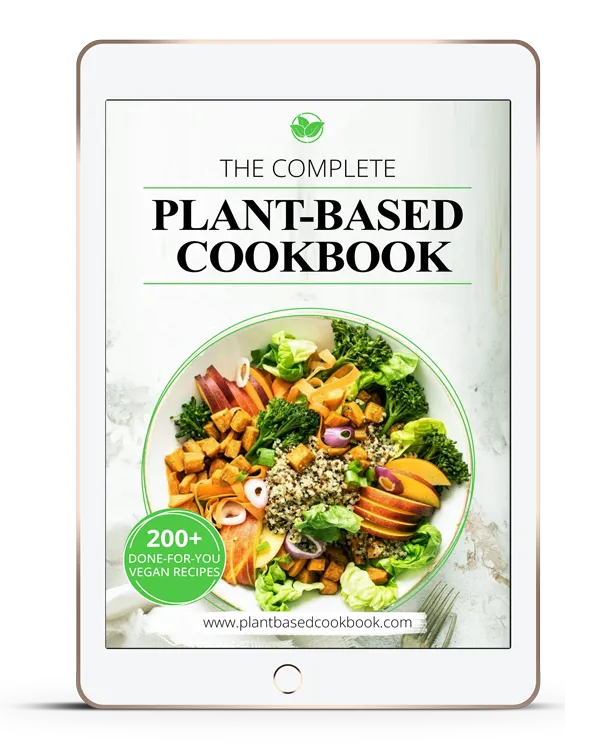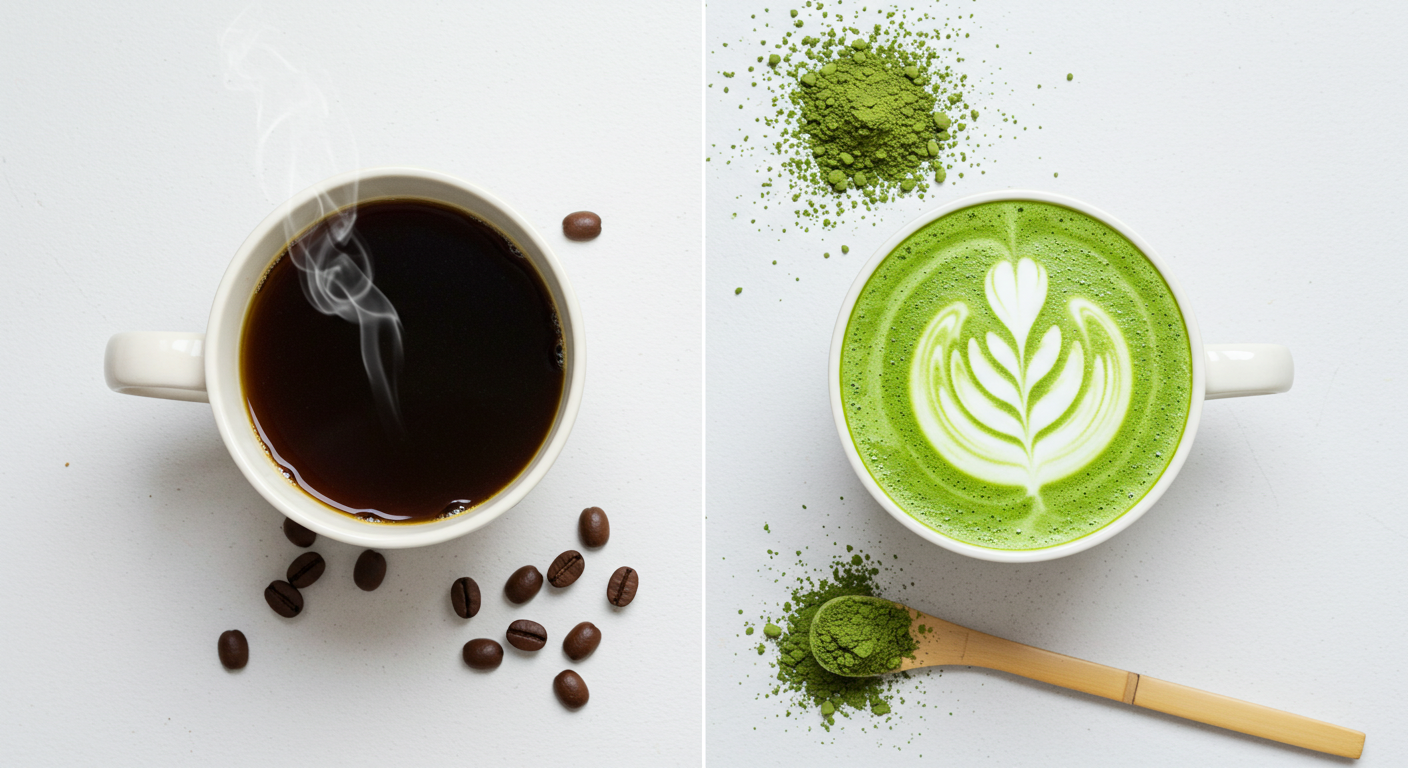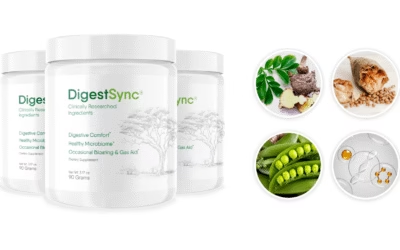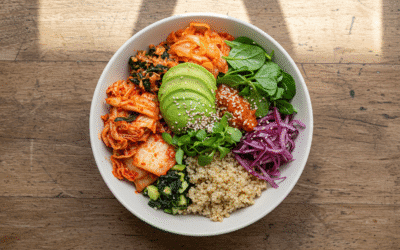If you’ve ever stood in line at a café debating between a creamy matcha latte or your usual black coffee, you’re not alone. The rise of matcha as a trendy (and often green) alternative to coffee has sparked the question: matcha vs. coffee — which one is actually better for you?
The answer depends on what you’re looking for. Both drinks offer health benefits and a caffeine boost, but their effects on your body, energy, and stress levels are surprisingly different. Let’s compare the key differences and help you make the right choice for your lifestyle.
Caffeine content and energy
Coffee is known for its high caffeine content, with an average cup containing around 95 mg of caffeine. It delivers a quick burst of energy — and for some, a jittery crash soon after. That’s why so many people experience a midday slump after their morning brew.
Matcha, on the other hand, contains less caffeine — about 35–70 mg per serving depending on how it’s prepared. But what sets it apart is its content of L-theanine, an amino acid that promotes calm, focus, and clarity. This means you get a more balanced and sustained energy without the rollercoaster ride.
If you’re sensitive to caffeine or want energy that supports rather than spikes your focus, matcha is the gentler, more stable option.
Antioxidant profile
Both drinks are rich in antioxidants, but matcha takes the lead.
Matcha is made from finely ground green tea leaves, meaning you consume the entire leaf. This results in much higher levels of catechins — especially EGCG (epigallocatechin gallate) — which is linked to reduced inflammation, heart health, and even anti-cancer properties.
Coffee contains chlorogenic acid, a powerful antioxidant that supports metabolism, blood sugar balance, and cardiovascular health. However, its overall antioxidant profile is narrower than that of matcha.
Winner: Matcha, for a broader spectrum of antioxidant power.
Mental clarity and mood
Coffee is known to improve alertness and focus. But many people experience anxiety, restlessness, or irritability with even moderate intake. This is due to its rapid absorption and lack of compounds to buffer its stimulating effect.
Matcha’s combination of caffeine and L-theanine produces a calming alertness. It enhances mental clarity without overstimulation — making it a favorite among meditators, students, and professionals who need deep focus without stress.
One study found that matcha helped improve attention and memory while reducing mental fatigue — something coffee may struggle to do without causing jitteriness.
Digestion and acidity
Coffee is acidic and may irritate the stomach lining, especially when consumed on an empty stomach. It can lead to symptoms like bloating, acid reflux, and disrupted gut function in sensitive individuals.
Matcha is much gentler on digestion and is considered alkaline-forming, which helps balance the body’s pH levels. If you’re trying to support gut health or already experience digestive discomfort with coffee, matcha could be a soothing alternative.
For more tips on digestive balance, check out our guide on gut-healthy foods.
Sustainability and sourcing
Coffee production has a larger environmental impact due to deforestation, water use, and unsustainable farming practices in some regions. However, fair-trade, organic coffee can greatly reduce this impact and support ethical farming.
Matcha, especially ceremonial-grade varieties from Japan, often comes from small-scale farms using meticulous techniques. Still, it can be resource-intensive to produce and requires long-distance shipping, which adds to its carbon footprint.
Regardless of your choice, sourcing matters. Look for organic, fair-trade certifications to support more sustainable practices.
Taste and preparation
Flavor is subjective — and both matcha and coffee have unique taste profiles.
Coffee can range from bold and bitter to smooth and nutty depending on roast and brew method. Matcha is earthy, grassy, and slightly sweet, especially when high quality and properly whisked.
Matcha preparation can be a ritual in itself — using a bamboo whisk, sifting the powder, and whisking until frothy. While this may feel like extra effort, many find it meditative and calming. Coffee is generally faster to brew, but may require equipment like a French press or grinder if you’re particular about flavor.
Product suggestions
Curious to try something new? This ceremonial-grade matcha powder is smooth, vibrant, and authentically sourced from Japan — ideal for a high-quality matcha experience.
Still a coffee fan? Upgrade your brew with the Cuisinart Supreme Grind Automatic Burr Mill, which gives you fresher, more flavorful grounds every time.
Cost and accessibility
Matcha tends to be more expensive per serving, especially when using ceremonial-grade varieties. The preparation also requires tools like a whisk or frother, which can be an upfront investment.
Coffee, by contrast, is more widely available and often cheaper to make at home — especially if you buy in bulk or grind your own beans.
That said, matcha’s longevity and concentrated health benefits may justify the cost for those prioritizing focus, skin health, or a calm energy boost.
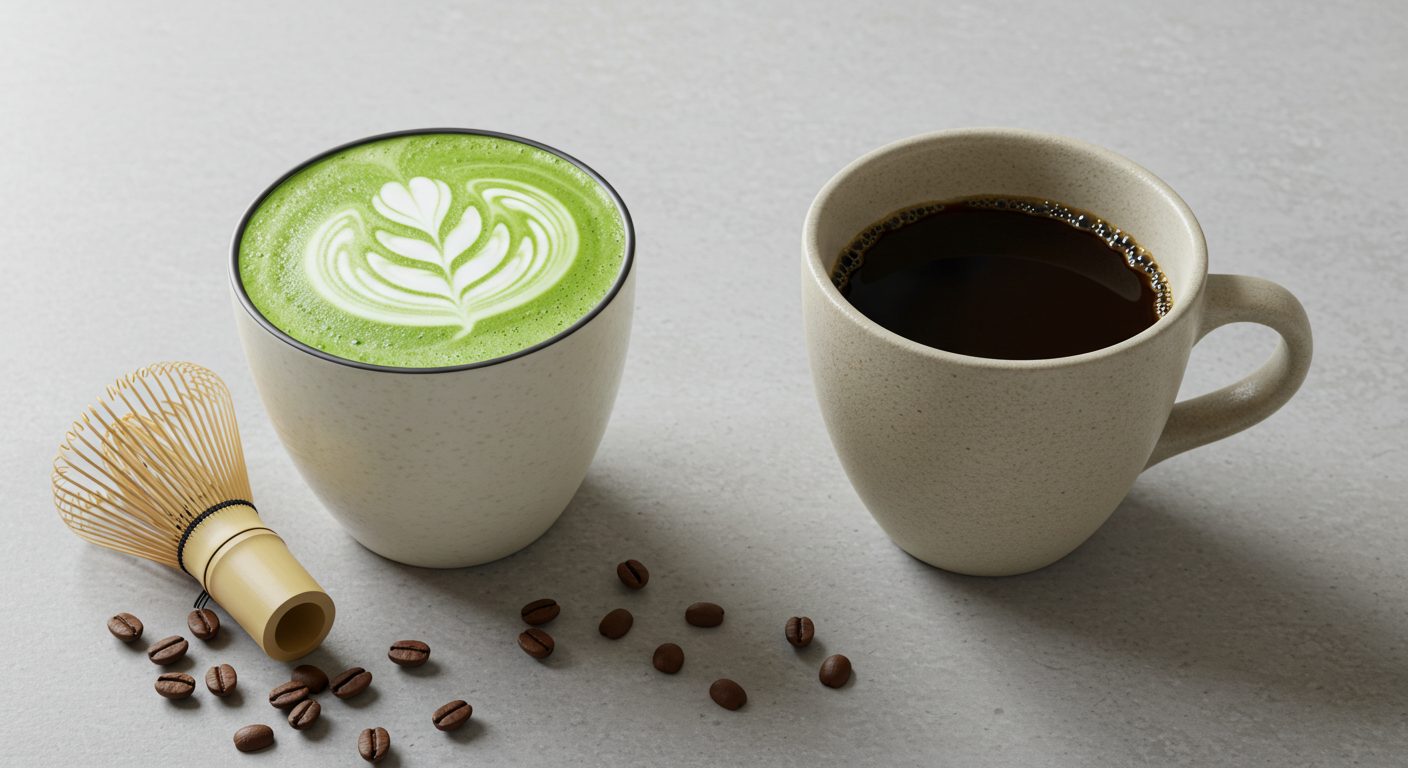
So… which is better for you?
Ultimately, there’s no definitive winner in the matcha vs. coffee debate — only what’s right for you. Here’s a quick breakdown to help you decide:
| Benefit | Coffee | Matcha |
|---|---|---|
| Caffeine level | High (~95 mg) | Moderate (35–70 mg) |
| Energy type | Quick boost + crash | Sustained, calm focus |
| Antioxidants | Good (chlorogenic acid) | Excellent (EGCG, catechins) |
| Digestion | Can irritate | Gentle, alkaline |
| Mental clarity | Sharp but jittery | Focused and calm |
| Flavor | Bold, bitter | Earthy, slightly sweet |
| Prep time | Quick | More involved |
Final thoughts
If you’re looking for intense energy and love the ritual of a bold morning brew, coffee may be your perfect match. But if your goal is focused energy, better digestion, or higher antioxidant intake, matcha might be worth the switch — or at least a try.
And remember: you don’t have to pick just one. Many people enjoy coffee in the morning and matcha in the afternoon. The real win is choosing the option that makes you feel your best.


